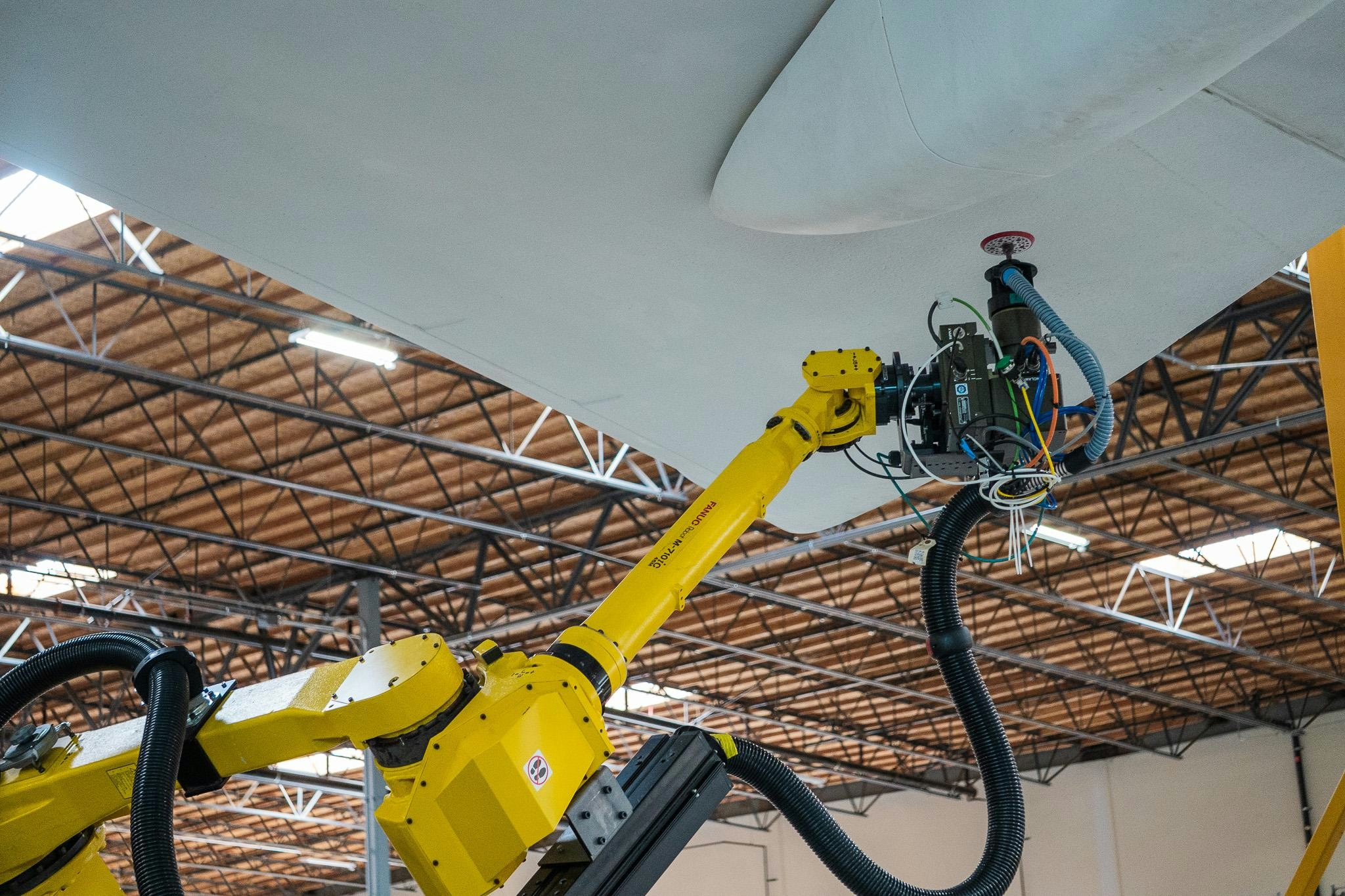
AeroGenie — Votre copilote intelligent.
Tendances
Categories
Germany’s Aviation Legacy and Its Role in TZ’s Future
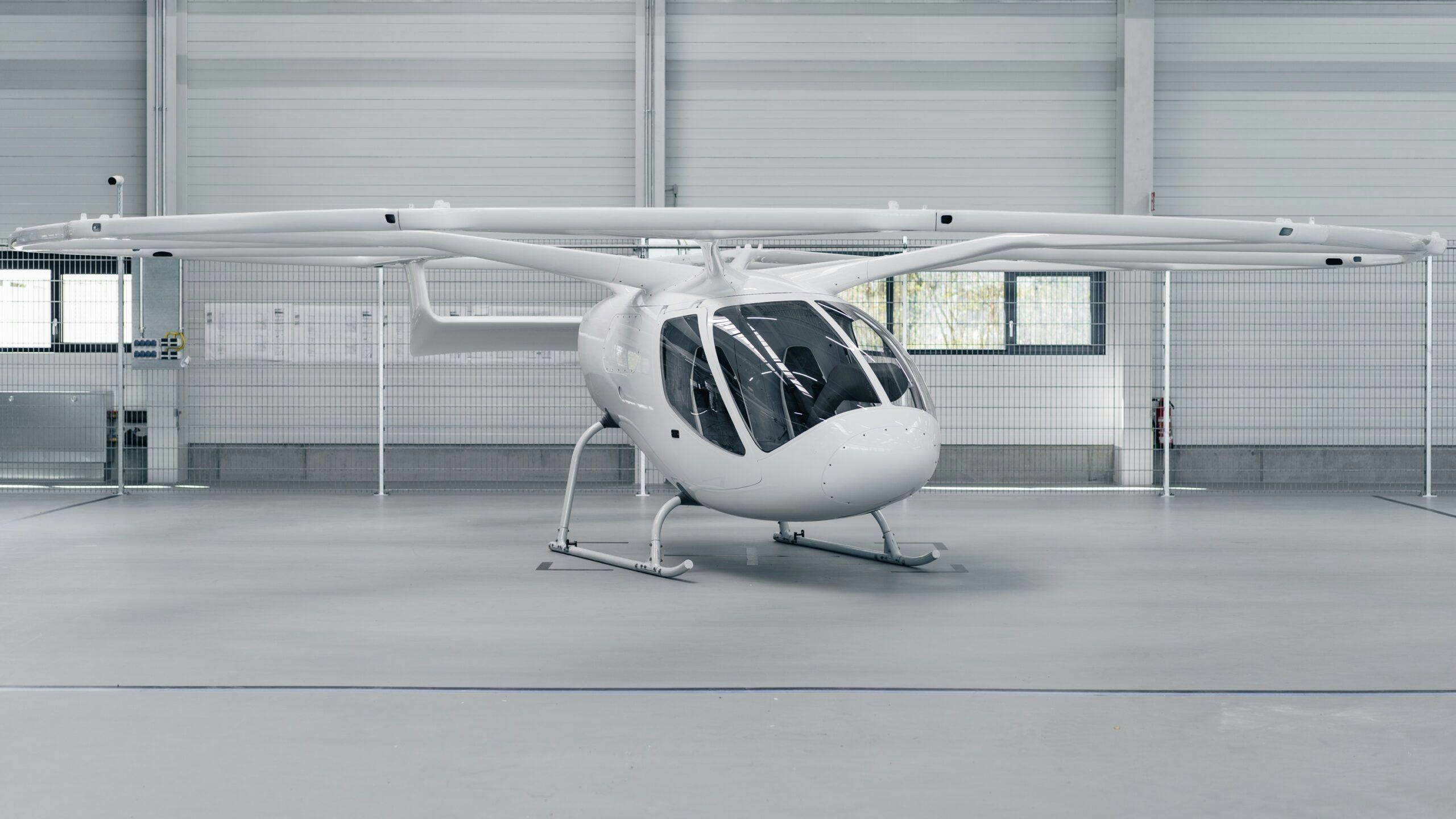
Germany’s Aviation Legacy and Its Role in Tanzania’s Future
Germany’s reputation for engineering excellence is globally acknowledged, particularly in aerospace and mechanical engineering. Known for its precision, innovation, and industrial strength, the country has established itself as a benchmark in the development of aircraft, aviation systems, and cutting-edge technologies. While nations such as the United States, United Kingdom, and France have made significant contributions through industry giants like Boeing, Rolls-Royce, and Dassault, Germany’s influence remains uniquely prominent within the European regulatory framework. This distinction is especially relevant for Tanzania, whose aviation training increasingly aligns with the standards set by the European Union Aviation Safety Agency (EASA). Germany’s engineering culture thus presents a strategic advantage for Tanzania’s aviation sector.
Germany’s Role in Airbus: A Case Study in Excellence
Germany is home to some of Airbus’ most advanced production facilities, playing a critical role in the company’s global operations. The Hamburg site serves as the headquarters for Airbus Commercial Aircraft in Germany and is the largest Airbus facility in the country. It handles the final assembly of the A320 Family and manufactures fuselage sections for the A330 and A350 programs. Bremen specializes in wing equipping and structural components, contributing to projects such as the A400M military transport and the European Service Module for NASA’s lunar missions. Donauwörth functions as the main hub for Airbus Helicopters, assembling models including the H135, H145, and NH90, as well as producing aircraft doors for various Airbus platforms.
Beyond manufacturing, Germany leads in aircraft design, systems integration, and cabin customization. The country is also at the forefront of aerospace research and development, with significant work in unmanned flight, solar propulsion, and space systems. Airbus employs over 50,000 people across 27 sites in Germany, representing nearly half of the nation’s aerospace workforce. The company sources billions of euros in goods and services from German suppliers, underscoring Germany’s foundational role in Airbus’ competitiveness and innovation since its inception.
Beyond Airbus: A Dynamic Aviation Ecosystem
Germany’s aviation industry extends well beyond Airbus, encompassing a diverse network of companies, research institutions, and startups that drive innovation in propulsion systems, avionics, and satellite communications. The sector generates tens of billions of euros annually and employs more than 120,000 professionals. Its growth is supported by the recovery of civil aviation and ongoing military modernization efforts, including the development of advanced defense systems and European satellite constellations.
Prominent firms such as MTU Aero Engines, Lufthansa Technik, Diehl Aviation, and OHB Systems contribute significantly to engine manufacturing, aircraft maintenance, and space technologies. Germany’s strategic location, advanced infrastructure, and highly skilled workforce make it a preferred partner for international collaborations. The country’s commitment to sustainability is evident in its initiatives promoting climate-neutral aviation, including the advancement of hydrogen propulsion and electric flight technologies.
Navigating Challenges and the Road Ahead
Despite its strengths, Germany’s aviation sector faces notable challenges. Legal disputes between Condor and Lufthansa highlight the dominance of larger carriers and raise concerns about market competition. The potential collapse of Condor could have adverse effects on the tourism industry, while ongoing legal and strategic responses from competitors, particularly Lufthansa, may further complicate the landscape. Concurrently, the Future Combat Air System (FCAS) program aims for resolution by the end of the year, reflecting Germany’s efforts to balance growth, innovation, and sustainability amid a complex global environment.
For Tanzania, Germany’s enduring leadership in aviation offers both inspiration and practical pathways for development. Rooted in a tradition of engineering excellence, Germany’s aviation sector remains responsive to the evolving demands of the industry, providing a valuable model for emerging aviation markets.

VSE Acquires Aero to Expand Aviation Services
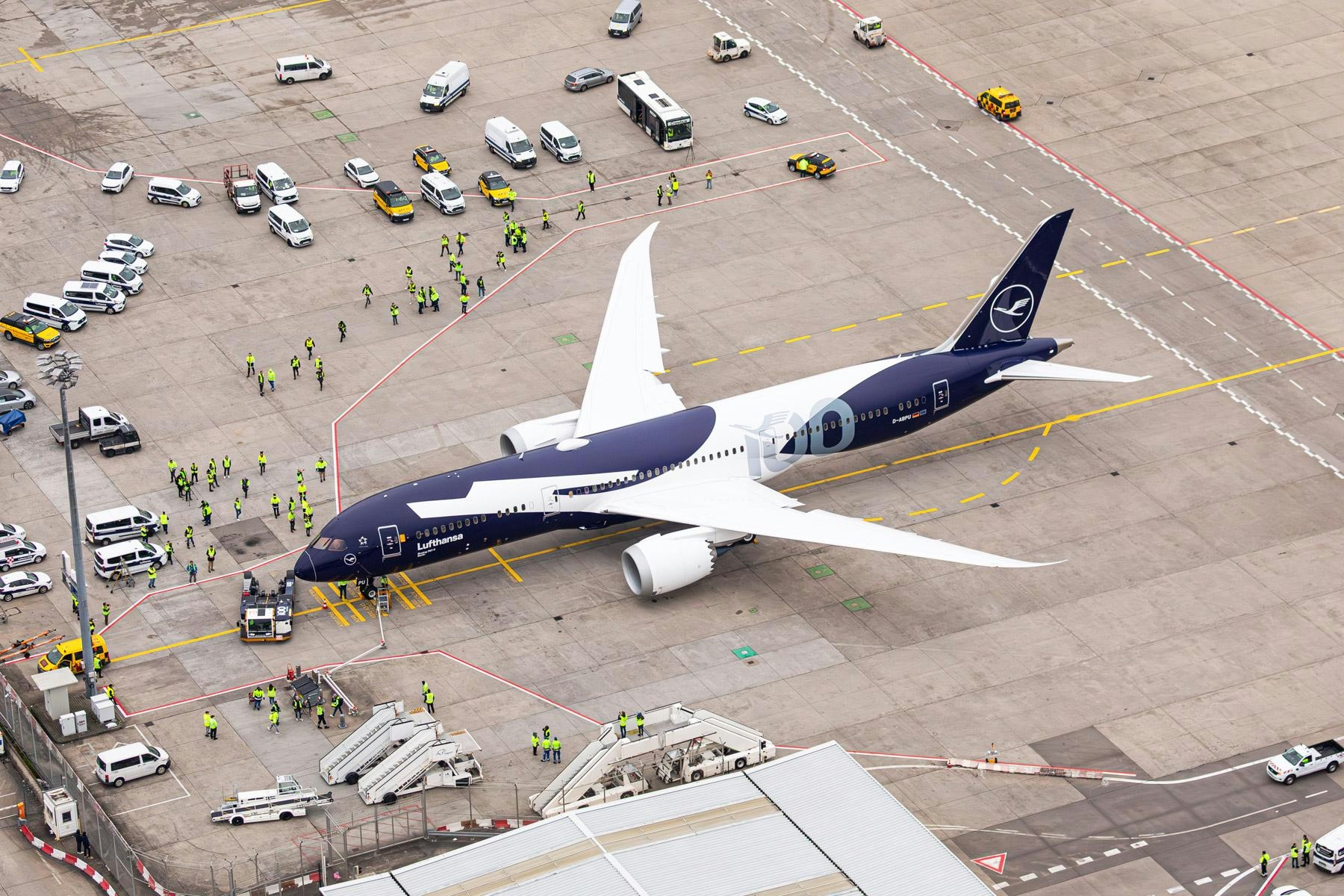
Lufthansa Receives First Boeing 787 on Anniversary
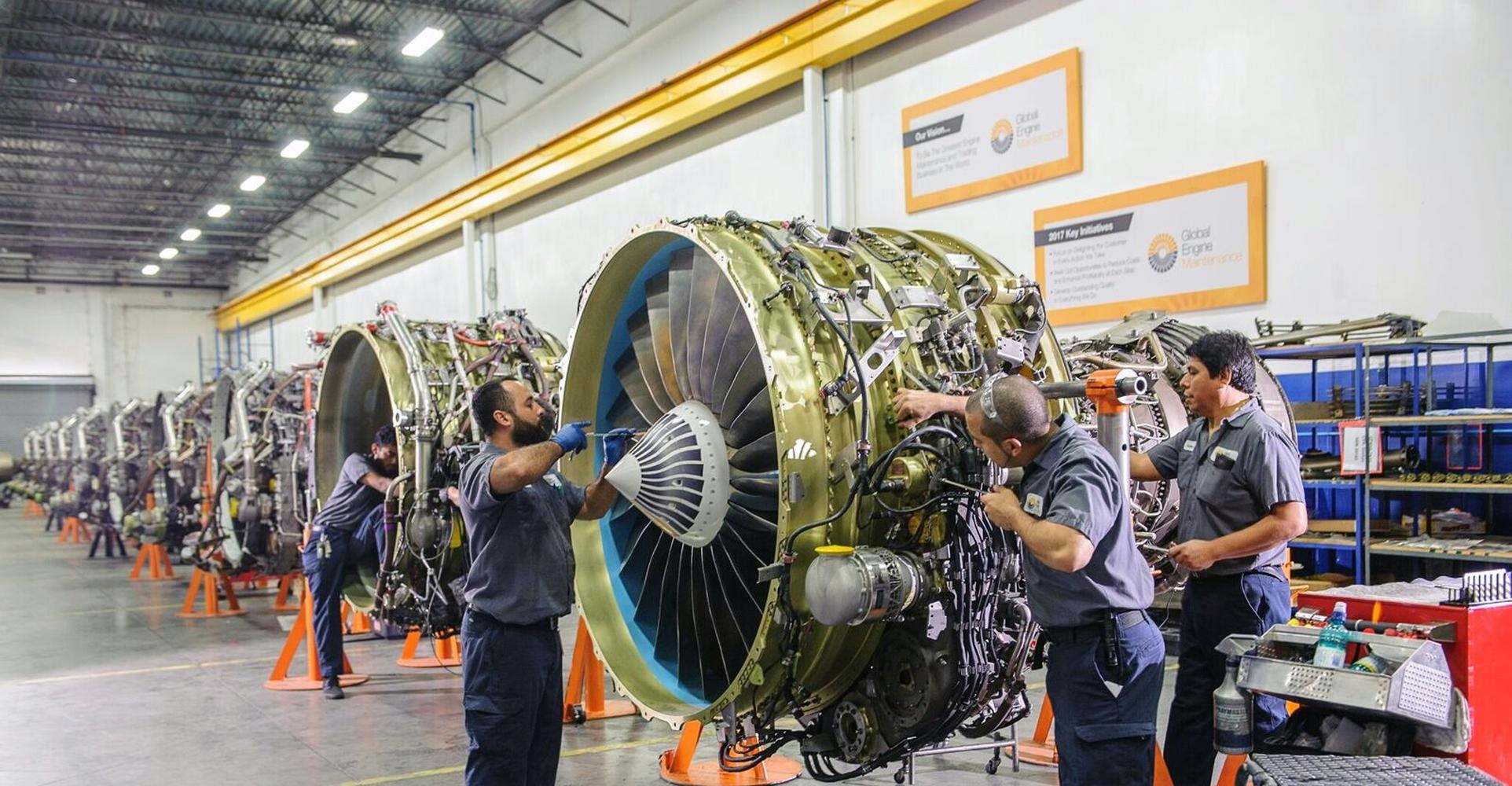
Willis Lease Finance Secures $600 Million Aviation Partnership
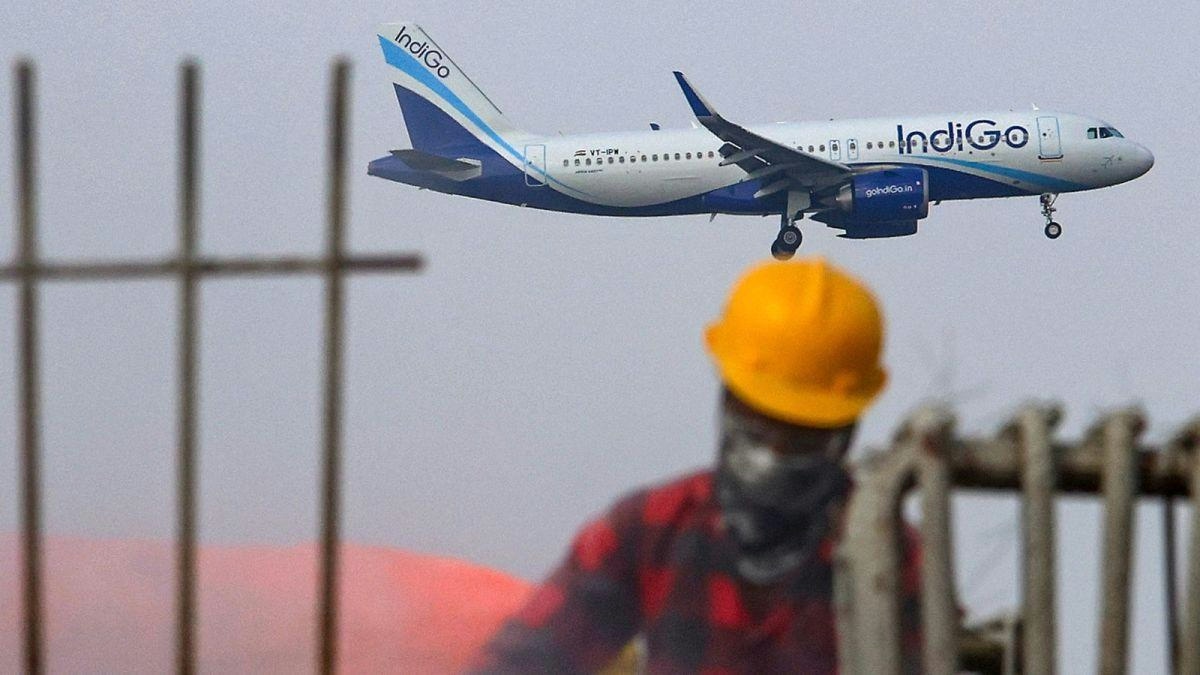
IndiGo to wet-lease 7 aircraft from Qatar Airways and Freebird to boost domestic capacity

Howmet’s $1.8B CAM Deal Targets the Aerospace Supply Chain’s Pressure Points

AI-Driven Airline Pricing Adds to Holiday Travel Stress
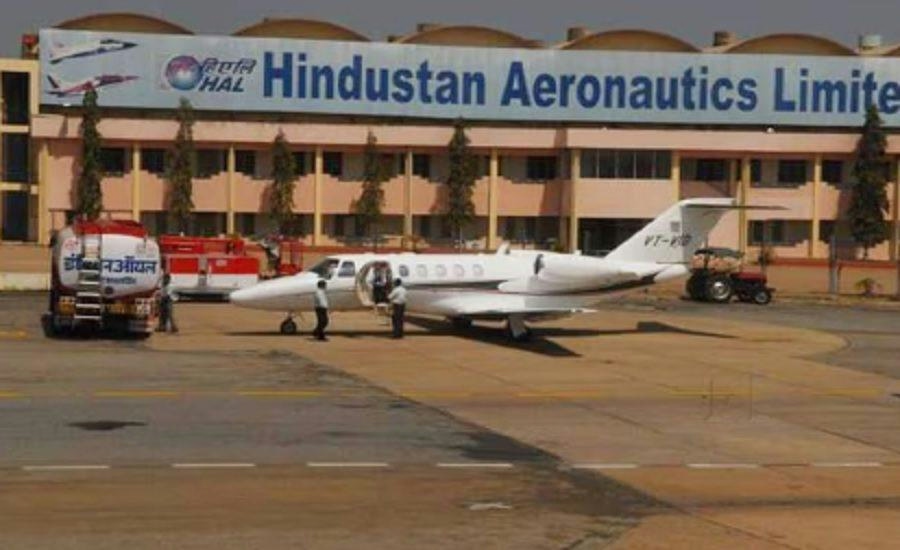
HAL Nasik Shortlists Candidates for Chief Quality Manager Role in Civil MRO Expansion
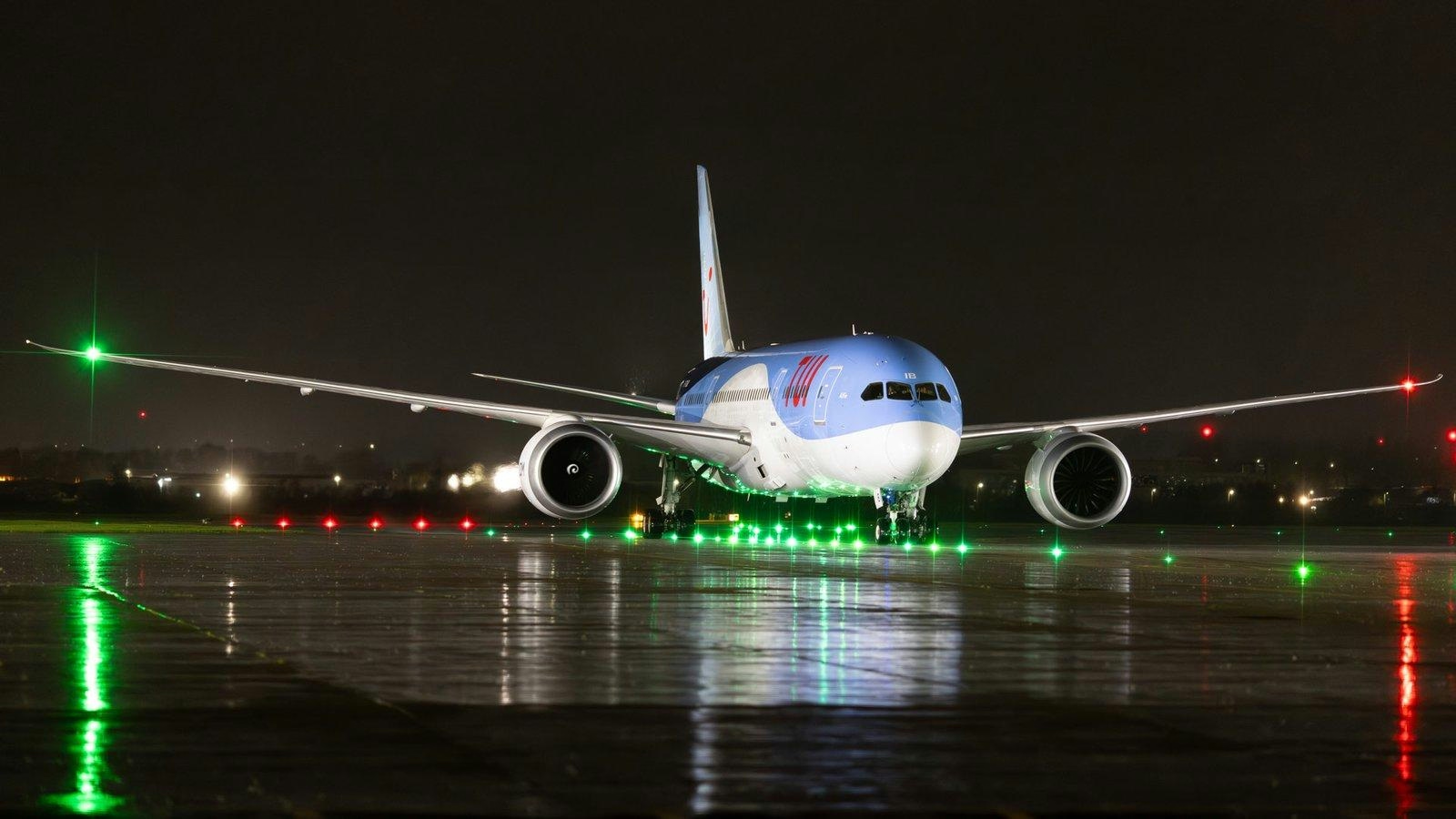
High Ridge Aviation Acquires Aircraft from CDB and BBAM
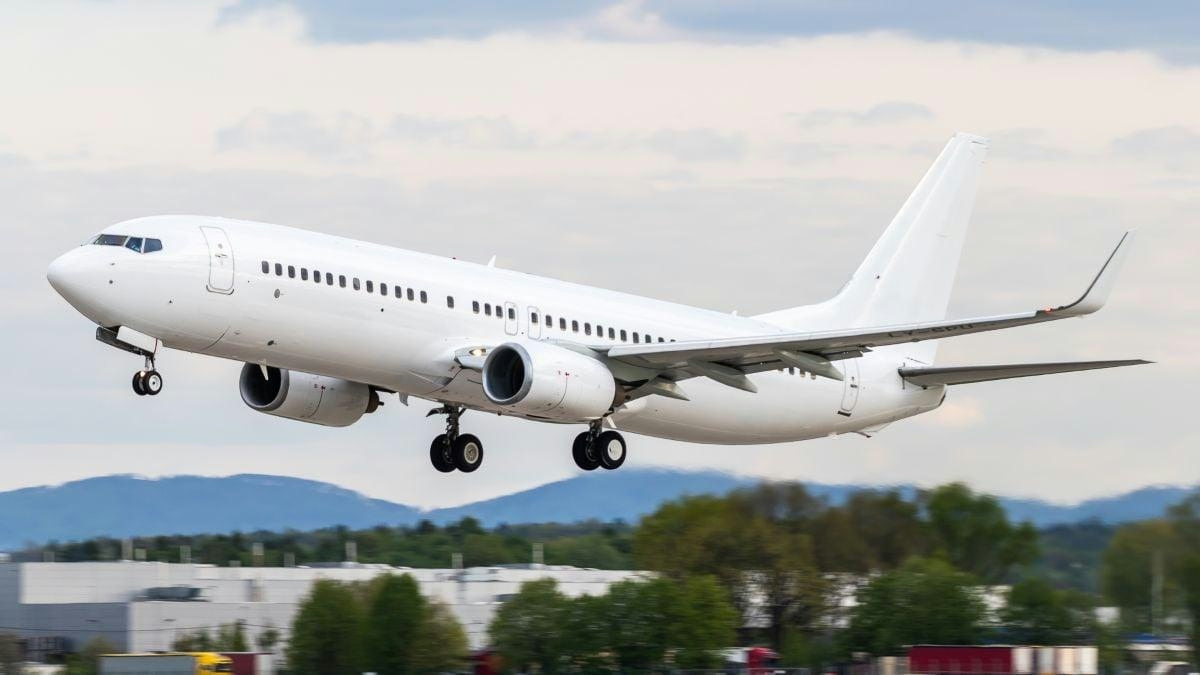
KlasJet Expands Air Peace Fleet with Boeing 737
